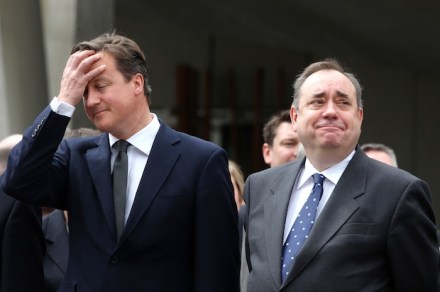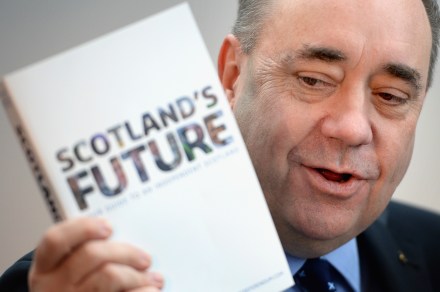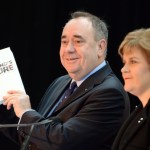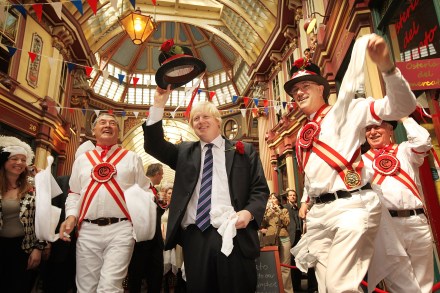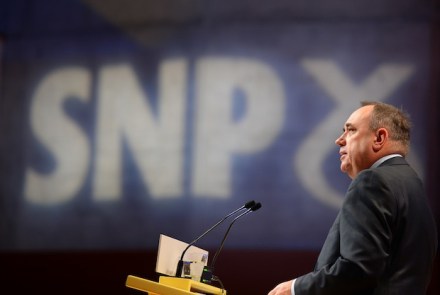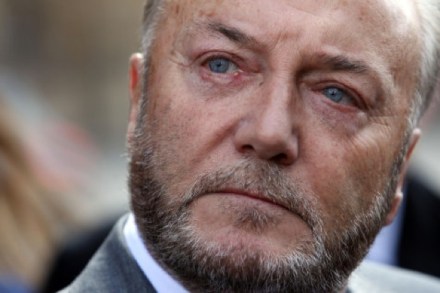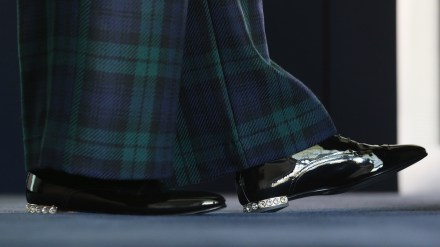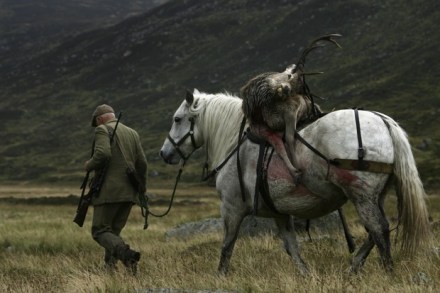David Cameron is betraying Scotland’s Unionists
With trademark grandiosity, Alex Salmond unveiled his white paper on independence this week as if he had retrieved it from the top of Mount Sinai. ‘This is the most comprehensive blueprint for an independent country ever published,’ proclaimed the First Minister. It was yet another reminder of an inexorable law of politics: the larger the document, the weaker the content. The American declaration of independence managed to fit on a page. The SNP’s plan for a separate Scotland is so bald that it needs to conceal its nothingness with 650 pages of flannel. You can look in vain in its pages for any sign of any policy that will make
